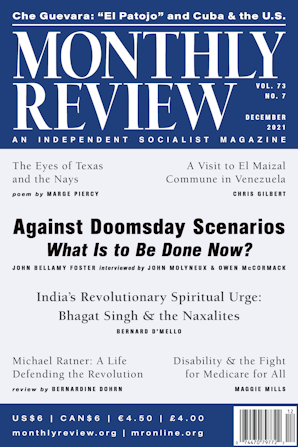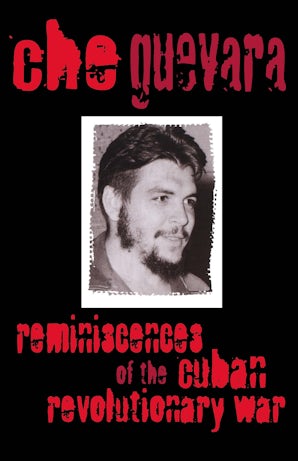Also in this issue
- Against Doomsday Scenarios: What Is to Be Done Now?
- India's Revolutionary Spiritual Urge: Bhagat Singh and the Naxalites
- Red Current, Pink Tide: A Visit to El Maizal Commune in Venezuela
- Disease, Disability, and Paternalism in the Fight for Medicare for All
- Moving the Bar: Michael Ratner, Social Justice, and a Life Defending the Revolution
- Cuba and the United States
- The Eyes of Texas and the Nays
Books by Che Guevara
Reminiscences of the Cuban Revolutionary War
by Che Guevara


